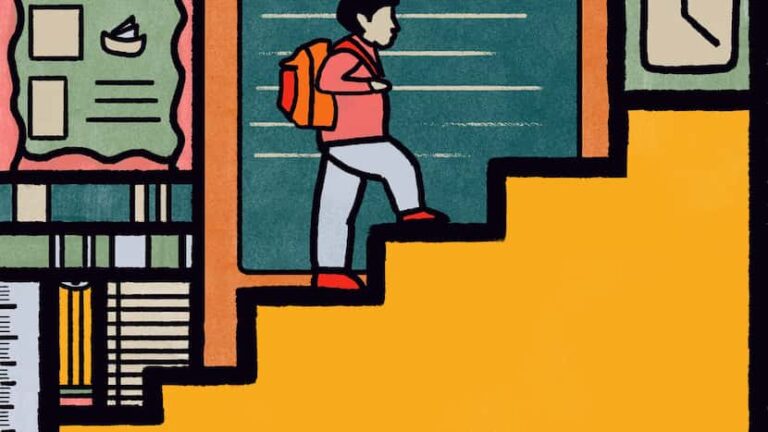It can be difficult to access specialist mental health care, especially if you are a child dealing with traumatic events and family separation.
Research shows that children in foster care have higher rates of mental health disorders than children in the general population. That’s why we’re encouraged by a $1.75 million state grant to a Dallas-area initiative aimed at supporting children in crisis and their caregivers. This funding will be used by the North Texas Behavioral Health Authority to launch a program known as Youth Crisis Outreach Team Plus, designed to help children who need immediate mental health intervention.
The team will focus on children ages 3 to 17, including those in foster care or at risk of being placed under state supervision. Other local behavioral health authorities across the state have also received grants to create these teams.
Facing a mental health crisis can be frightening for both the child and the caregiver. Sometimes, traumatic events like abuse, domestic violence, or physical assault are the triggers for the crisis. But sometimes a crisis occurs when a combination of stressors builds up.
Because it specializes in youth and family systems, the new team is different from the Mobile Crisis Outreach Team, or MCOT, which serves the general population. Jessica Martinez, chief clinical operations officer at the North Texas Behavioral Health Authority, said the MCOT provides assistance only during the mental health crisis and then refers people to their primary care providers.
But the new youth team will work with school districts, juvenile probation officials, law enforcement, mental health providers and state child welfare workers to provide trauma-informed services. Those services include crisis stabilization, relapse care and safety plan development, Martinez said.
Martinez says the idea for a youth crisis team came from Connecticut. Connecticut has a crisis network of 14 teams located throughout the state. Researchers found that youth who received help through Connecticut’s mobile crisis teams were 22 percent less likely to visit the emergency room within 18 months of their intervention than their peers who initially went to the emergency room for psychiatric treatment.
That’s another benefit of the new program. It should take pressure off Texas’ overburdened emergency departments and the state’s already overwhelmed foster care system.
People experiencing a mental health crisis often end up in emergency rooms, even though they are not meant to provide specialized psychiatric care. An emergency room visit can result in a long wait before being transferred to a psychiatric hospital. In North Texas and across the state, there are not enough psychiatric beds to meet the demand.
Susan Garnett, executive director of My Health My Resources in Tarrant County, said youth crisis outreach teams across Texas will begin offering services starting in September. Caregivers can call their local mental health authority’s crisis number to request assistance during the team’s hours of operation.
Texas needs to take urgent action to help children in crisis so they can grow into stable adults. The Youth Crisis Outreach Team Plus program is worth a try.
We invite you to share your thoughts in a letter to the editor. See the guidelines and submit your letter here. If you have any problems with the form, you can submit it by email to letters@dallasnews.com


